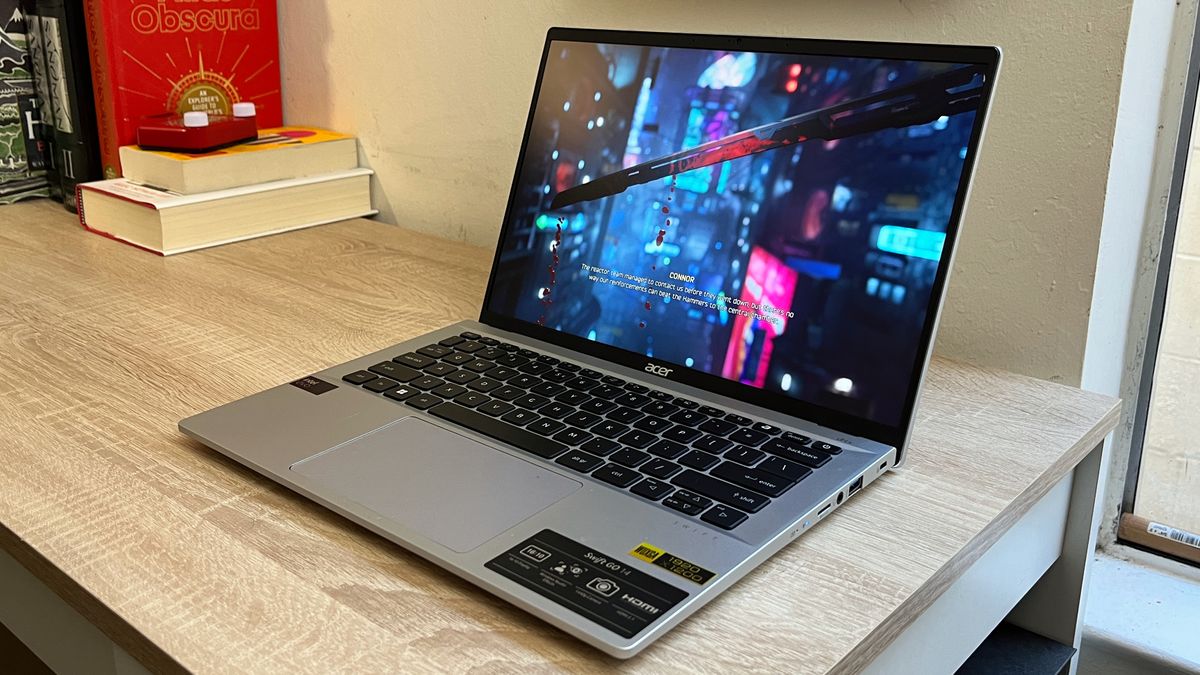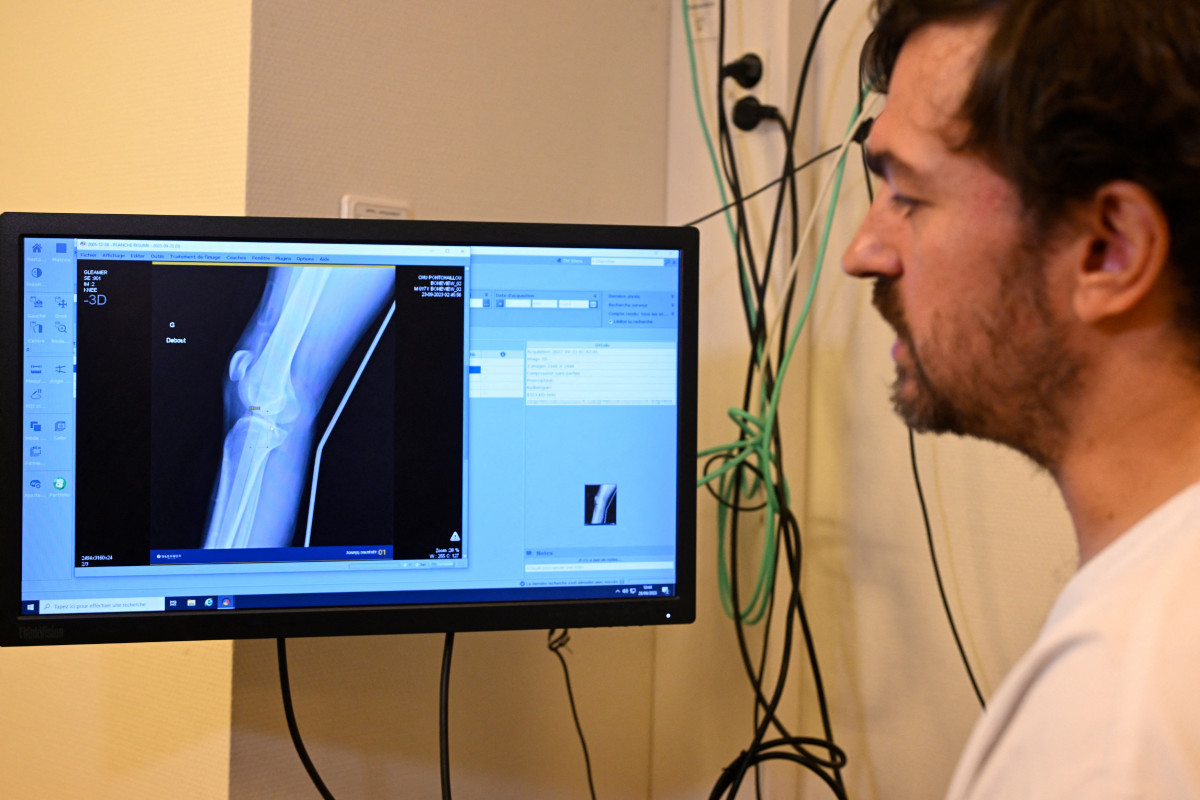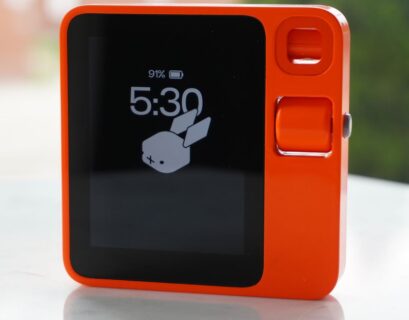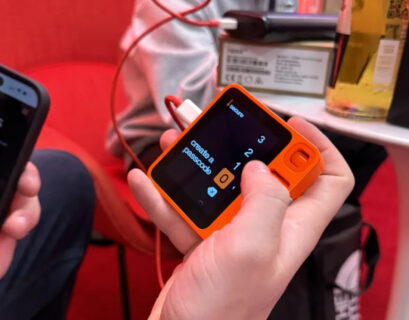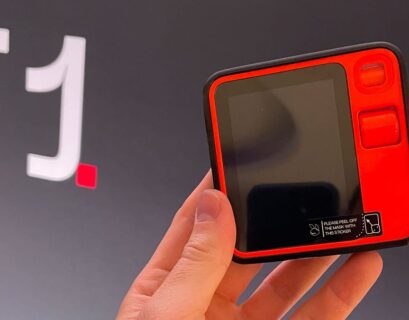At the conclusion of 2023, Intel unveiled its Meteor Lake laptop processors, introducing Intel CPUs with a novel “chiplet” design that incorporates a distinct NPU (Neural Processing Unit). These processors represent the first models to feature the new Intel Core Ultra branding and are anticipated to drive high-end laptops in 2024.
The key innovation of these new Intel Core Ultra chips lies in the NPU’s specialization in AI-related computations, such as background defocusing in video calls and image synthesis from text inputs. While Apple’s MacBooks have integrated dedicated NPUs since the MacBook Air M1 launch with Apple silicon, this trend is now expanding to numerous top Windows laptops in 2024.
Intel and PC manufacturers are actively promoting these cutting-edge “AI laptops” equipped with Meteor Lake chips through diverse marketing channels. However, initial reviews of the initial Meteor Lake laptops entering the market have left some users underwhelmed.
For example, the Acer Swift Go 14, the first extensively tested AI laptop, demonstrated decent performance but lacked in areas like battery life and AI functionalities. Feedback from other team members who have interacted with these new Meteor Lake laptops suggests that utilizing an Intel Core Ultra laptop for tasks beyond AI applications may not be as compelling.
Looking forward to the remainder of the year, with various PC brands unveiling new hardware at events like Mobile World Congress, the question arises: What features would persuade consumers to invest in an AI laptop in 2024? Are these laptops truly meeting the expectations, and what factors would make them appealing for personal use?
Challenges in Adapting Software for NPUs
Despite Apple’s long-standing integration of Neural Engines in MacBooks powered by M-series chips, the lack of software optimized for NPUs remains a significant obstacle for AI laptops. While some AI models can operate locally and certain tools like Gimp and Audacity are exploring local AI integration, the prevalent use of GPUs over dedicated NPUs restricts the full potential of the new AI chips.
The landscape is set to change as Microsoft incorporates Copilot into its products and other developers leverage onboard AI for enhanced security measures. Nonetheless, this transition is gradual, and the widespread utilization of NPU capabilities may not materialize until after 2025.
— Ryan Morrison
Illustrating the Value Proposition of AI Laptops
Despite the promising demonstrations showcasing the enhanced capabilities of Meteor Lake chips in tasks like video blurring, the practical benefits of AI laptops for everyday users remain uncertain. The current dearth of software harnessing the NPU’s potential poses a challenge in articulating the value proposition of AI laptops.
While industry stakeholders highlight the forthcoming advantages of AI-enabled computers, the tangible benefits for end-users are yet to be convincingly communicated. The absence of compelling use cases or standout applications tailored for AI laptops impedes their widespread adoption and appeal to consumers.
– Tony Polanco
Future Outlook for AI Integration in Laptops
The current wave of enthusiasm surrounding AI laptops emphasizes the need for concrete use cases that resonate with average consumers. While specialized workloads may derive benefits from NPUs, mainstream users await compelling justifications for integrating AI functionalities into their daily computing experiences.
The potential for advanced virtual assistants and localized AI tools like Windows Copilot could potentially address privacy concerns and enhance user productivity. However, the challenge lies in aligning AI capabilities with user preferences and software compatibility across different platforms.
– Anthony Spadafora
Balancing AI Advancements with User Concerns
The discussion surrounding AI laptops raises pertinent questions about the practicality and necessity of AI-centric computing solutions. While advancements in AI technology offer intriguing possibilities, concerns regarding privacy, data security, and the overall user experience remain paramount.
The appeal of AI-driven laptops must be balanced against the potential implications of excessive reliance on artificial intelligence. Striking a harmonious balance between AI integration and user-centric design is crucial to instill consumer trust and drive meaningful innovation in the laptop market.
– Dave Meikleham
Navigating the Path to Mainstream Adoption of AI Laptops
The journey towards mainstream adoption of AI laptops hinges on addressing the fundamental question of user utility and value proposition. Clear use cases and compelling applications tailored for AI laptops are vital in bridging the gap between technological innovation and consumer adoption.
As the industry navigates the evolving landscape of AI integration in laptops, the focus remains on delivering tangible benefits that resonate with end-users. The potential for localized AI tools and enhanced user experiences underscores the transformative impact of AI technology when thoughtfully integrated into everyday computing scenarios.
Outlook for the Evolution of AI Laptops
In the ongoing pursuit to unlock the full potential of AI laptops, the emphasis on developing innovative software solutions tailored for NPUs is crucial. While the initial reception to AI laptops may be tempered by the current lack of standout applications, the inherent value of AI-driven enhancements in areas like video processing and power efficiency holds promise for future advancements.
The evolution of AI laptops depends on the convergence of user-centric design, software innovation, and privacy considerations. By aligning technological advancements with user needs and expectations, AI laptops have the potential to redefine the computing landscape and usher in a new era of personalized, intelligent computing experiences.

